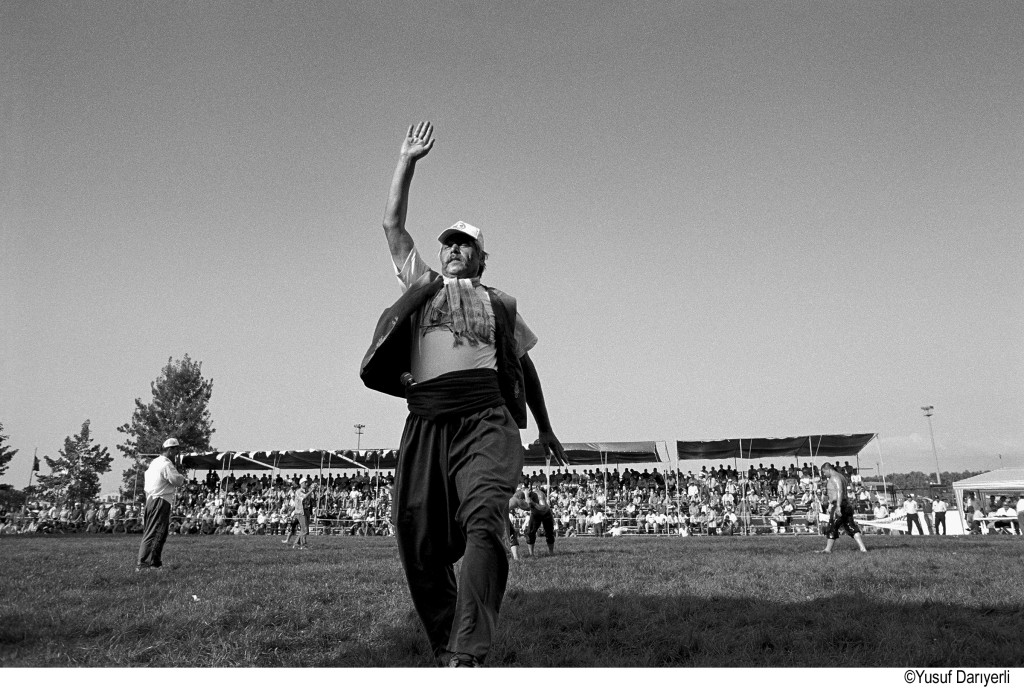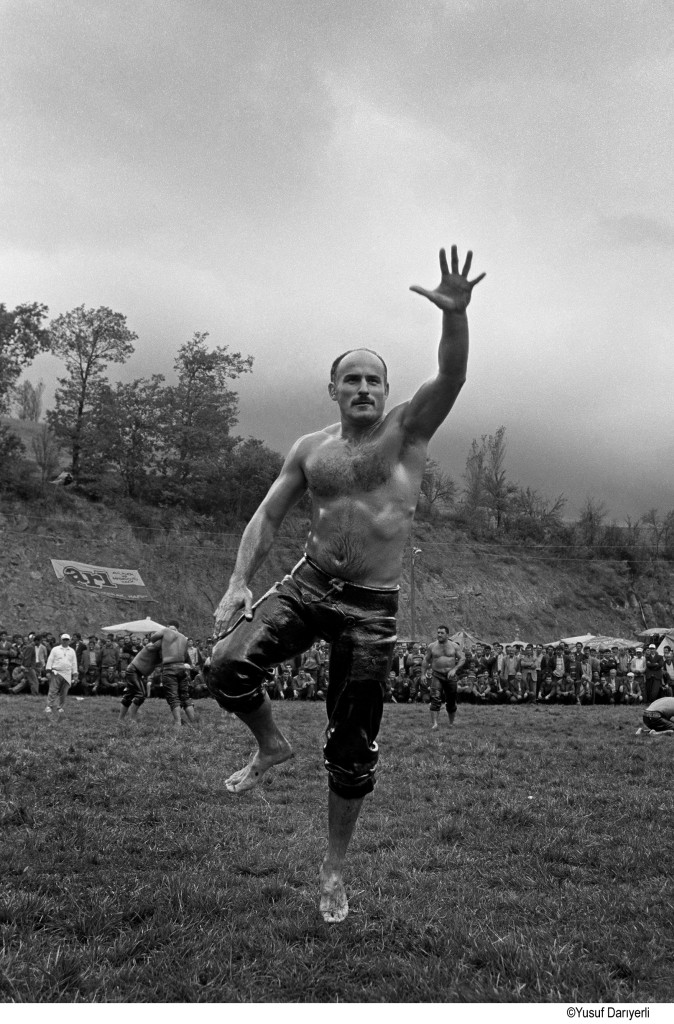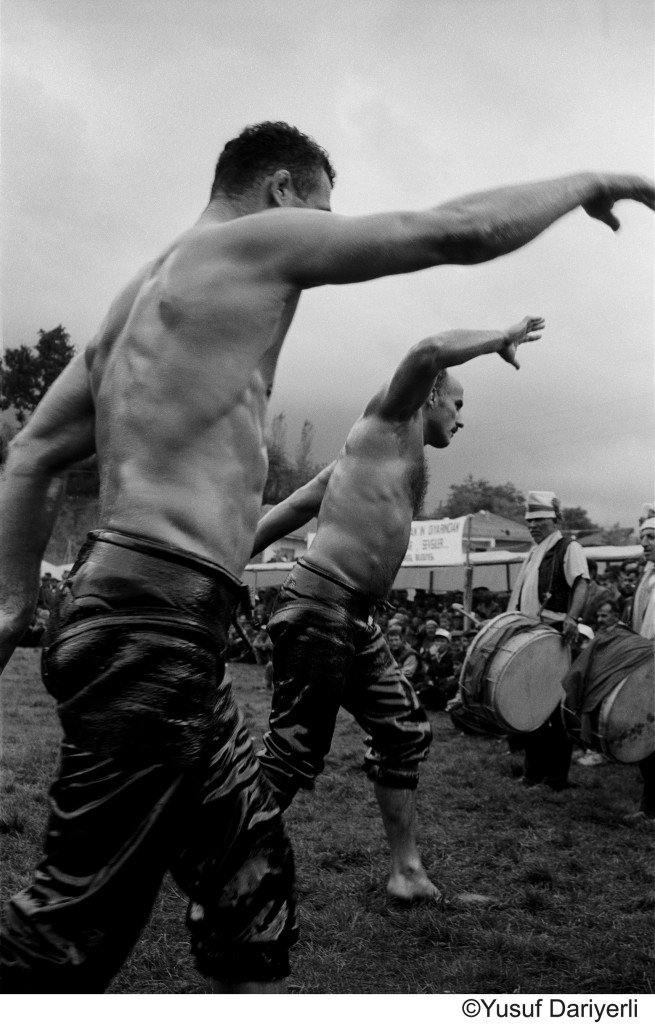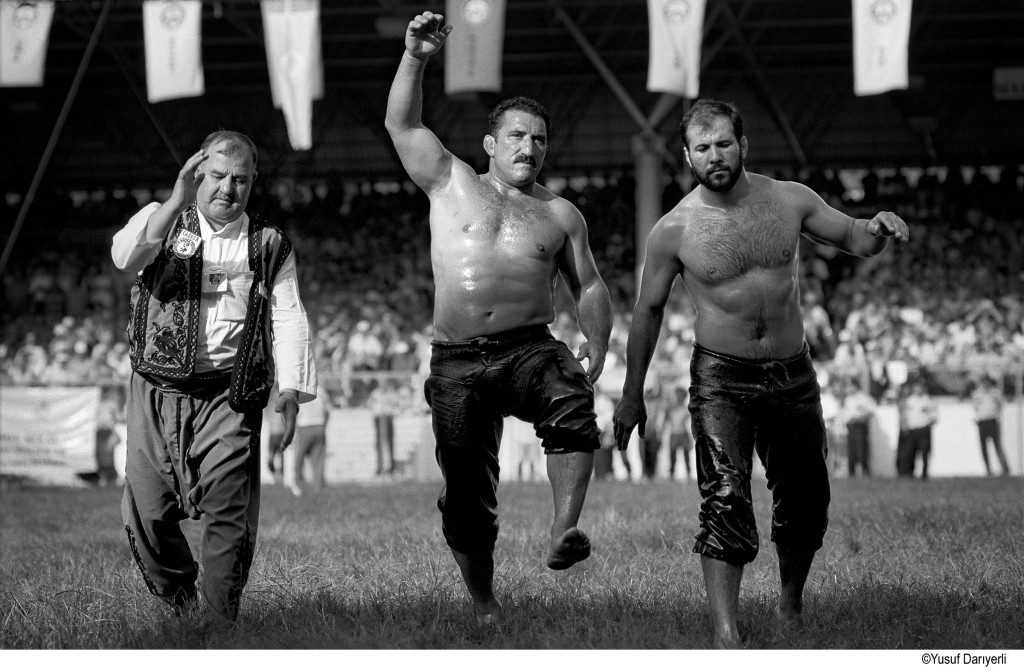Ali Gümüş
translated from the Turkish
by Zeynep Hülya Gümüş
and Emily Ondine Wittman
with photographs Yusuf Darıyerli
Cazgır: The Poet of Turkish Oil Wrestling
The dough of wrestling is kneaded with bravery, strength, and prayer.
The Kırkpınar Oil Wrestling Tournament, held annually in Turkey for over six centuries, begins with the recitation of a bold prayer by the cazgır, the tournament announcer: “In Allah’s name! If you fall beneath your opponent, take care! If you climb above your opponent, cling to him!”
All Kırkpınar masters gather yearly in Edirne, in the Sarayiçi region of Turkey. Sarayiçi, one could say, is the “Kaaba” of the pehlivan, the oil wrestler. In the young warriors’ arena, a zurna beats a battle rhythm. The cazgır summons the pehlivanlar to wrestle, shouting: “Allah Allah İllallah!”—“Allah, Allah, the only One!” Following the cazgır’s prayer, the wrestlers take the field and warm up in a physical ceremony known as peşrev. Peşrev is the soul of oil wrestling; the movements of peşrev resemble the flapping of an eagle’s wings as it dives to its prey. Once limber, the burly wrestlers greet the spectators. They first stroke the earth with their right hands before rising to touch both chest and forehead. They then touch the soles of their opponents’ feet before raising their hands over their own heads.
I am less than the earth beneath you.
Hamza ibn ‘Abdul Muttalib is the holy patriarch of pehlivanlar. He was a paternal uncle of the Prophet Muhammad (peace be upon him). He was also a martyr of the Battle of Uhud, the second battle between the Meccans and the Muslims on March 19, 625. Renown for his bravery, Holy Hamza’s fellow warriors deemed him “ Lion of Allah” and “Lion of Paradise.” Few among the champions of Islam rival his reputation in battle. Famed as a large man and a great warrior, Hamza was the most celebrated of the earlier martyrs. Indeed his strength was so legendary that upon his death in battle, Hind bint Utbah, the wife of the leader of the Meccan army, gnawed greedily at his liver.
The cazgır invites pehlivanlar to the arena with a prayer to Allah, Prophet Muhammad (peace be upon him) and pehlivan Hamza.
| Allah Allah İllallah | Allah, Allah, the Only One |
| Hayırlar gele inşallah | May good deeds happen, Allah willing |
| Pirimiz Hamza pehlivan | Our patriarch is Pehlivan Hamza |
| Aslımız neslimiz pehlivan | Our true forefathers are Pehlivan |
| İki yiğit çıkmış meydane | Two brave men in the arena |
| Birbirinden merdane | Each stronger than the other |
| Biri ak biri kara | One light, one dark |
| İkisinin de zoru para | Both bound by money. |
| Alta geldim diye erinme | Lament not that I am underneath |
| Üste çıktım diye sevinme | Cheer not that I climbed above |
| Alta düşersen apış | If you fall beneath, take care |
| Üste çıkarsan yapış | If you climb above, cling |
| Vur sarmayı kündeden at | Wrap your leg around his and hurl him to the ground |
| Gönder Muhammet’e salavat (sav) | Deliver a prayer to Muhammad (p.b.u.h.) |
| Seyirttim gittim pınara | I descended to the spring |
| Allah, her ikinizin de işini onara. | May Allah renew you both, make you capable. |
Countless cazgırlar have blessed the Kırkpınar wrestling games. These cazgırlar study each pehlivan prior to the tournament and know well the region, city, special tricks, strengths, and weaknesses of each. In their prayers, the cazgılar introduce these pehlivanlar to the audience. They warn the wrestlers of their opponents’ strength.
In Kırkpınar, and in other wrestling arenas, every cazgır has a specific repertoire of poems. Here is one poem, now a classic. The cazgır is unknown.
| DİKKAAT Dikkat… | ATTENTION Attention… |
| Hepimiz geldik koşa koşa | We have come running |
| Gördüğünüz pehlivanlar güreşecek başa. | The pehlivanlar before you will wrestle for the top. |
| Pehlivanlar çıktı meydana her birisi | They enter the arena each one |
| Birbirinden merdane | Stronger than the other |
| Karşıki dağdan gelir kır at | From the mountain abroad comes the white horse |
| Kanatlar kat kat, | With folded wings |
| Biz de gönderelim Hazreti Muhammed’e Salavat (sav) | Let us also send a prayer to Holy Muhammad (p.b.u.h.) |
| Pehlivanlar çıktı meydana her birisi birbirinden merdane | The pehlivanlar enter the arena each one stronger than the other |
| Biri here biri kara pirimiz üstadımız Hazreti Hamza | One light, one dark our spiritual master and patriarch Holy Hamza |
| Erdi nura Avrupa sarayı yıkıldı oldu rahap | The European palace reached the light then fell to ruins |
| Kaftan kafa hükmetti koca Arap. | From Mount Qaf to Mount Qaf the colossal Arab reigned. |
| Ona bile kalmadı bu meydan | But even he did not conquer this arena |
| Pehlivanlar bize de kalmaz gördüğünüz meydan. | Pehlivanlar, nor shall we own eternal this arena |
| Pirimiz üstadımız Hazreti Hamza, | Our spiritual master and patriarch Holy Hamza, |
| Peygamberimiz Hazreti Muhammed Mustafa (s.a.v) | Our prophet Holy Muhammad Mustafa (p.b.u.h) |
| Biz de burada diyelim Dünyadan göç etmiş pehlivanlara | Let us also honor the pehlivanlar already migrated from this mortal world |
| Cennet mekan ola. | Let heaven be home. |
Every cazgır utters these prayers in his own dialect and makes use of his own turns of phrase. A former pehlivan, the imam of the Ayşe Kadın mosque in Edirne, Kirişhaneli Sadık Hoca (1852-1942), served as the cazgır in Kırkpınar for many years. Here follows his poem for the heavyweight championship:
| Allah Allah İllallah | Allah, Allah, the Only One |
| Erler çıktı meydane | Brave men came to the arena |
| Biri birinden merdane | Each is a rolling pin, stronger than the other |
| Biri ak biri kara | One white, one dark |
| Mevlam her birine kuvvet vere | May my Maker give each one strength |
| Bu meydan er meydanıdır | This arena—a brave man’s arena |
| Kırklar, yediler seyranıdır | Serving the forty Saints and seven Prophets |
| Nice koç yiğitler bu meydandan geçtiler | Men, strong as rams, crossed this arena |
| Acı tatlı suyun içip göçtüler | Then departed, their water bitter or sweet |
| Atlar gibi tepişelim | Let us trammel the earth as horses |
| Arslanlar gibi kapışalım | Let us arise as lions |
| Ya Muhammed, Ya Ali | Oh Muhammad, Oh Ali |
| Pehlivanların piri Hazreti Hamza Veli | Holy Hamza Veli, spiritual guide of Pehlivanlar |
| Dellal çıksın aradan | Let the cazgır fall behind |
| Hepsine kuvvet versin Yaradan | May the Creator lend strength to each and all |
| Hani Ali, Hani Veli | Where is Ali, Where is Veli |
| Pirimiz üstadımız Hazreti Hamza’dır belli. | Holy Hamza clearly our master, our guide |
| Karşıdan gelir kır at, kanatları kat kat | A white horse approaches with folded wings |
| Gönderelim Hazreti Muhammet’e salavat | Let us deliver a prayer to Holy Muhammad |
| Allah Allah İllalah | Allah Allah the only One |
| Hep birlikte pehlivanlarımıza | Altogether to our pehlivanlar |
| Alkışlarla diyelim maşaallah | With applause let us praise those wonders Allah willed |
Sadık Hoca was followed by one of the most famous cazgırlar, the late Mustafa Şirin. After Mustafa Şirin’s death, their apprentice Şükrü Kayabaş took his place, assisted by Osman Filiz from Adapazarı.
The wrestle of the Başpehlivanlar, the heavy-weight champions, is the long-awaited finale of the game. During this peak of excitement, Kayabaş entertained thousands of cheering spectators with stanzas celebrating pehlivan bravery.
| Ağustos ayında ekilen darıdan | Millet sown in the month of August |
| Oğul vermeyen arıdan | Bee that births no son |
| Sabahları kocasından sonra kalkan karıdan hayır gelmez, | Wife that rises after her husband, brings no good |
| Her yiğitten de pehlivan olmaz. | Nor does every brave man make a pehlivan |
| Zengin babayı hayırsız evlat batırır | The ungrateful son ruins his wealthy father |
| Fakir kocayı süslü avrat batırır | The bejeweled wife impoverishes her husband |
| Haylaz çiftçiyi kuru inat batırır | Dry stubbornness ruins the idle farmer |
| Pehlivan sen de hazırlanmamışsan | Pehlivan, if you are not prepared |
| Rakibin seni sırt aşağı yatırır. | Your opponent will pin you to the earth |
| Söğüt dalından odun olmaz | Willow branch cannot be wood |
| Her kızdan kadın olmaz | Nor every girl a woman |
| Her ananın doğurduğundan da | Not every mother’s offspring |
| Pehlivan olmaz. | A pehlivan |
| Gurur duyup göğsümüzü kabartan | They made us proud and filled our chests |
| Türk gücünü kıt’alara tanıtan | They told the stranger of the Turk’s strength |
| Marşımızı defalarca dinleten | Again our anthem plays |
| O yiğitler nerde kaldı o güreş? | Where are our heros? Where do they wrestle? |
| Yaşar’lar, Celal’ler, Gazanfer, Ali | Yaşar’s, Celal’s, Gazanfer, Ali |
| Minderde yenemezdi kimse Türkleri | On the mat, no one could defeat the Turks. |
| Yıllarca alkışladı dünya bizleri | For years the world applauded us |
| Neden unutuldu bilmem ki güreş? | I cannot understand how we forgot |
| Şansa kur’aya bırakma işi | Do not leave the job to luck or to lottery |
| Hatır için vermezler, altını gümüşü | They will not give you gold or silver for a favor |
| Hamit Kaplan Dağıstanlı Akbaş’i | Hamit Kaplan, Akbaş from Dagestan |
| Hatırlayıp öyle yapın güreşi… | Remember them and wrestle thus |
Encouragement:
| O din ve iman sizde oldukca | So long as exist in you this religion, this faith |
| Antrenman yapın fırsat buldukca | Train at any opportunity |
| Şampiyonluk haberiniz aldıkca | Every time your victory is proclaimed |
| Sevinçten ağlatır bizi bu güreş | Wrestling pulls tears from our joy |
And advice on having mercy:
| Rakibin olur belki yabancı | Your opponent is perhaps a stranger |
| Sakatlama onu çektirme acı | Do not cripple him, do not cause him pain |
| Centilmenlik efendilik mizacı | Courteous and gentlemanly, |
| Düsturunu unutmadan sen güreş | Wrestle and forget not your code |
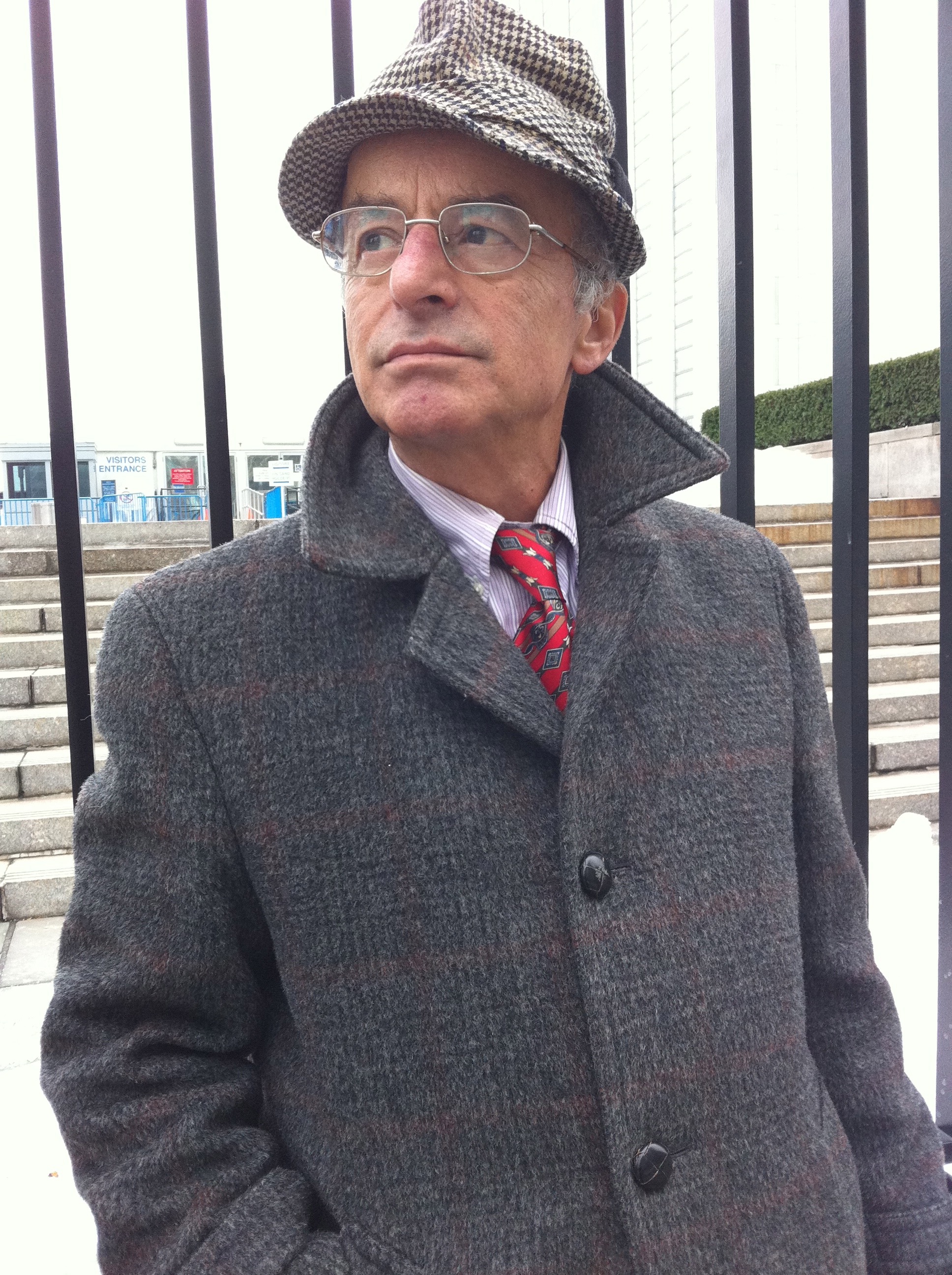 Ali Gümüş (1940-2015) was a wrestling journalist and the President of the AIPS (International Sports Press Association) Wrestling Commission from 1999 until the end of his life. He started wrestling in İstanbul Güreş İhtisas Kulübü (Istanbul Wrestling Education Club) in 1954. He represented the Republic of Turkey internationally in weight-lifting in 1959. He worked non-stop at the Tercüman newspaper for 35 years, writing primarily about wrestling and weight-lifting and quickly rose through the ranks to Editor, Editor-in-Chief, and General Manager positions. He is the only journalist in the world to be thrice awarded the “Service to World Wrestling Award” by FILA (United World Wrestling): in Minsk, former USSR in 1975; in Bursa, Turkey in 1977; and in Seoul, Korea in 1988. In 1991, he was awarded the “Best Wrestling Journalist of All Time” by FILA. He received the Journalist Burhan Felek Service to Journalism Award (Basın Hizmet Ödülü) in 2011, for his active role in journalism for more than 50 years. He authored more than 30 books, including “Kahraman Asker Mareşal Fevzi Çakmak” (Hero Soldier Marshal Fevzi Çakmak), which was translated to Chinese, in addition to three forthcoming books.
Ali Gümüş (1940-2015) was a wrestling journalist and the President of the AIPS (International Sports Press Association) Wrestling Commission from 1999 until the end of his life. He started wrestling in İstanbul Güreş İhtisas Kulübü (Istanbul Wrestling Education Club) in 1954. He represented the Republic of Turkey internationally in weight-lifting in 1959. He worked non-stop at the Tercüman newspaper for 35 years, writing primarily about wrestling and weight-lifting and quickly rose through the ranks to Editor, Editor-in-Chief, and General Manager positions. He is the only journalist in the world to be thrice awarded the “Service to World Wrestling Award” by FILA (United World Wrestling): in Minsk, former USSR in 1975; in Bursa, Turkey in 1977; and in Seoul, Korea in 1988. In 1991, he was awarded the “Best Wrestling Journalist of All Time” by FILA. He received the Journalist Burhan Felek Service to Journalism Award (Basın Hizmet Ödülü) in 2011, for his active role in journalism for more than 50 years. He authored more than 30 books, including “Kahraman Asker Mareşal Fevzi Çakmak” (Hero Soldier Marshal Fevzi Çakmak), which was translated to Chinese, in addition to three forthcoming books.
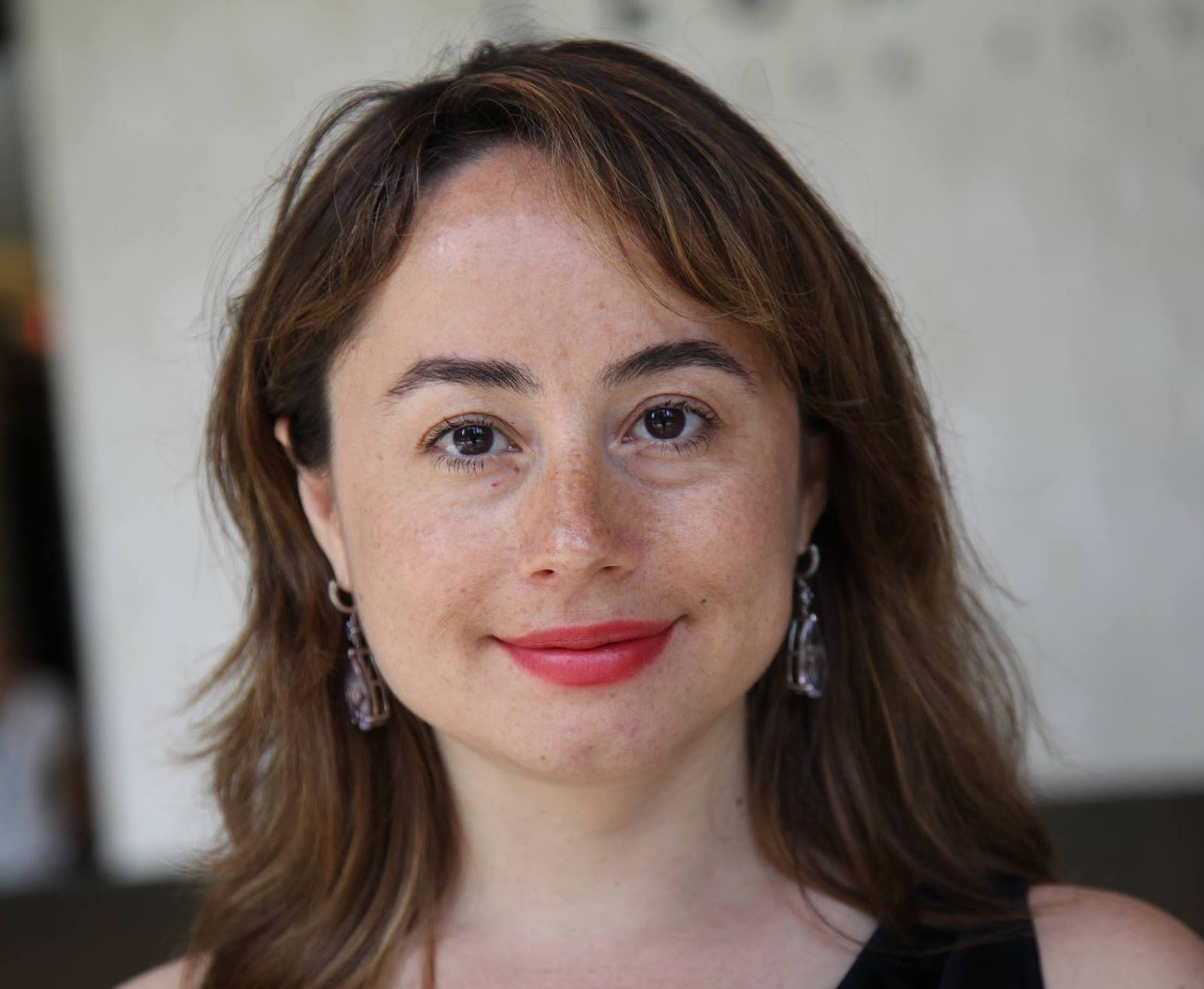 Zeynep Hülya Gümüş is an Assistant Professor of Genetics and Genomics at the Icahn School of Medicine at Mount Sinai and an adjunct Assistant Professor at the Department of Medicine at the Weill Medical College of Cornell University. She authors the “Bilimum Bilim” (Miscellaneous Science) column for “Bilim ve Gelecek” (Science and the Future), a popular science monthly in Turkey. She has traveled extensively to follow wrestling competitions with her late father, Ali Gümüş.
Zeynep Hülya Gümüş is an Assistant Professor of Genetics and Genomics at the Icahn School of Medicine at Mount Sinai and an adjunct Assistant Professor at the Department of Medicine at the Weill Medical College of Cornell University. She authors the “Bilimum Bilim” (Miscellaneous Science) column for “Bilim ve Gelecek” (Science and the Future), a popular science monthly in Turkey. She has traveled extensively to follow wrestling competitions with her late father, Ali Gümüş.
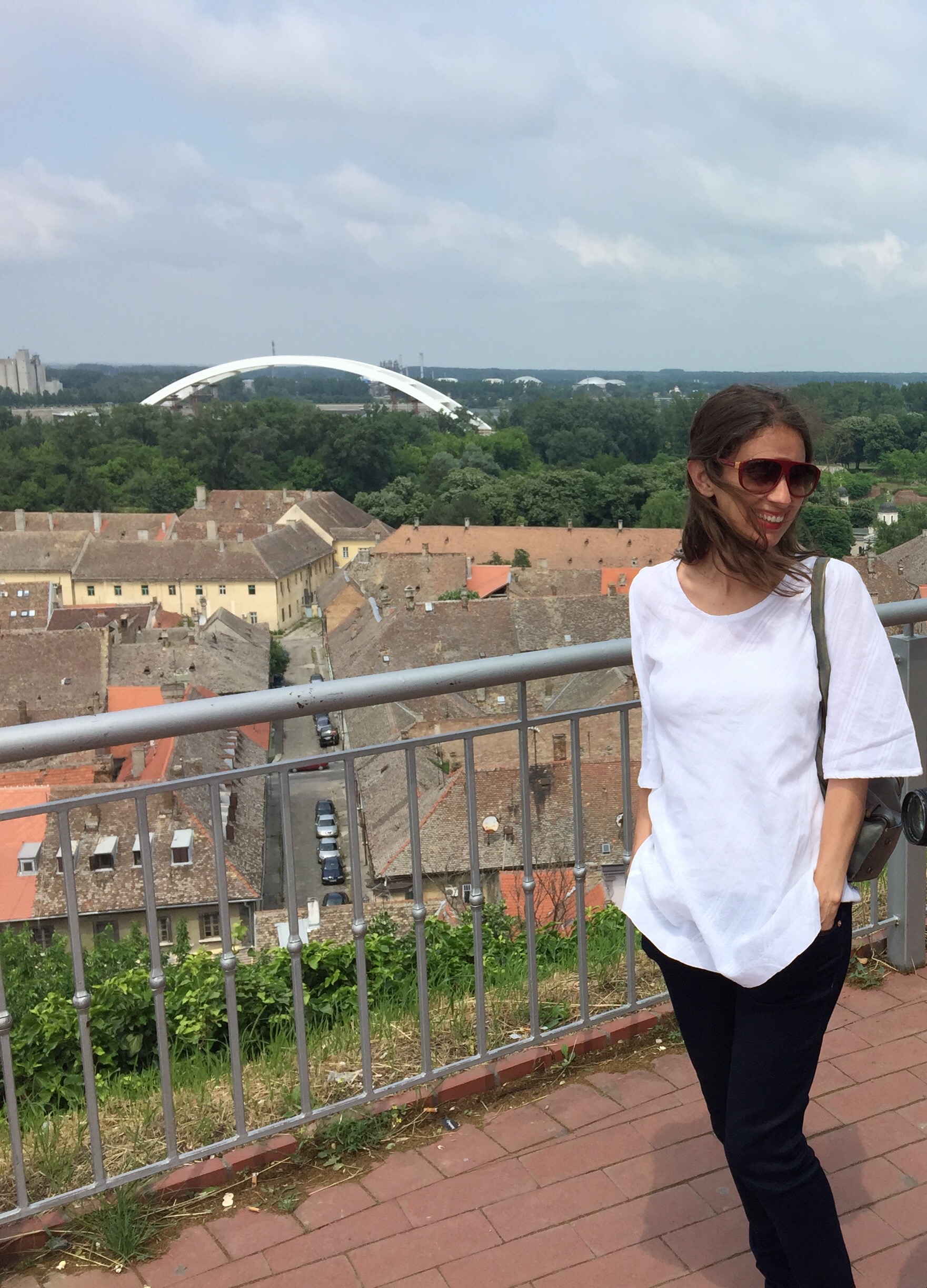
Emily O. Wittman, Associate Professor of English at the University of Alabama, has published widely on literary modernism, translation studies, and autobiography. She is co-editor (with Maria DiBattista) of The Cambridge Companion to Autobiography and Modernism and Autobiography (Cambridge University Press, 2014).
